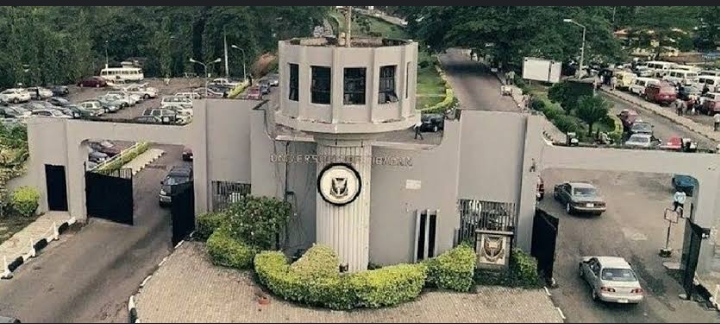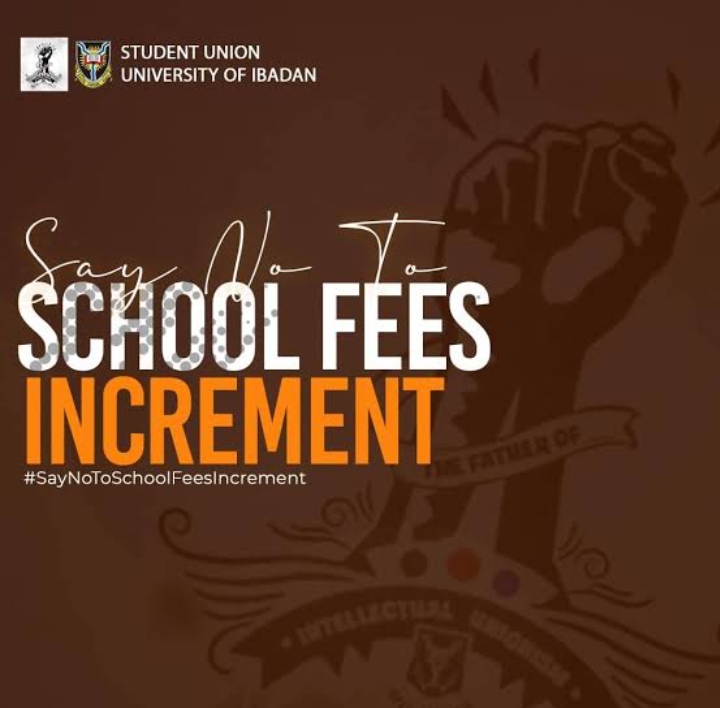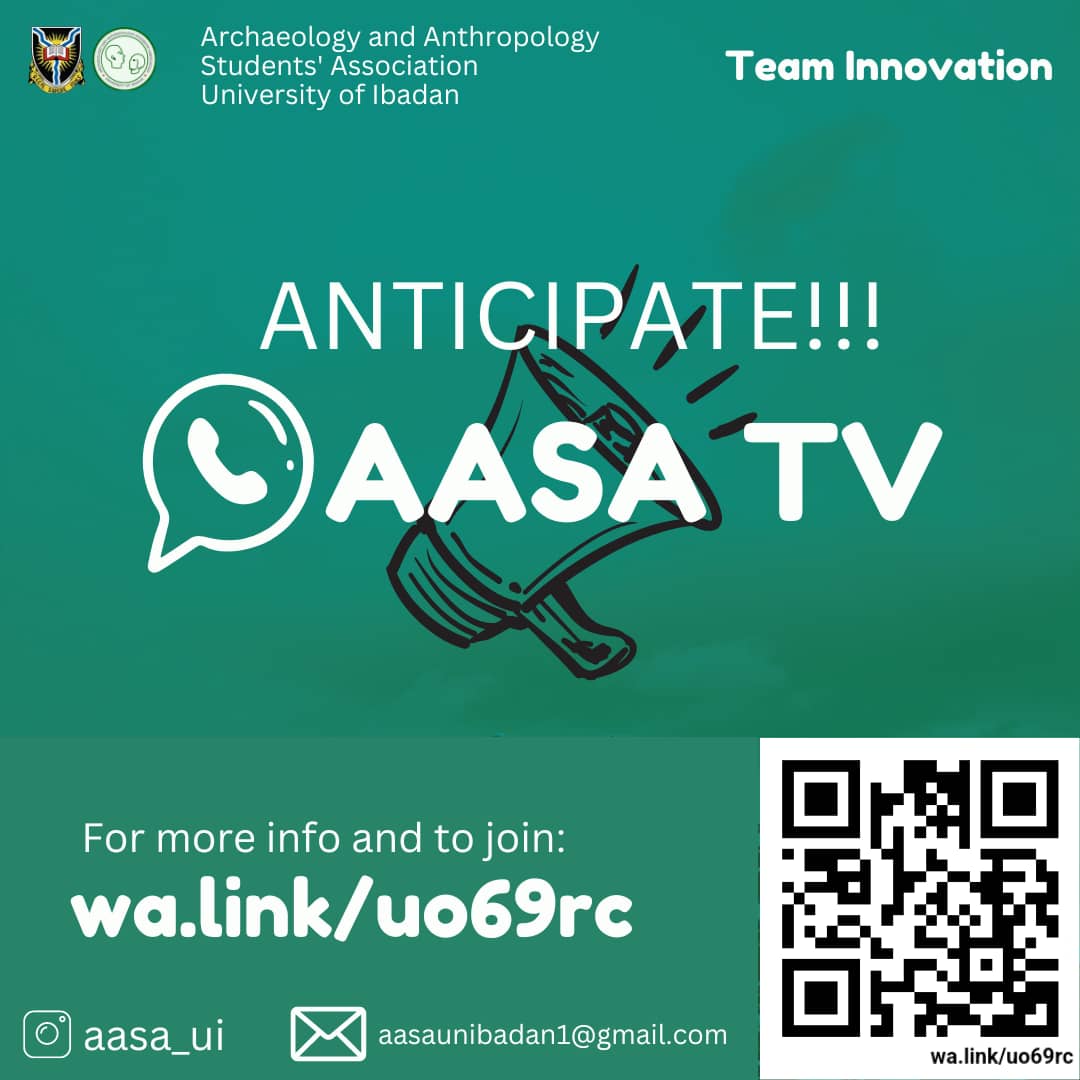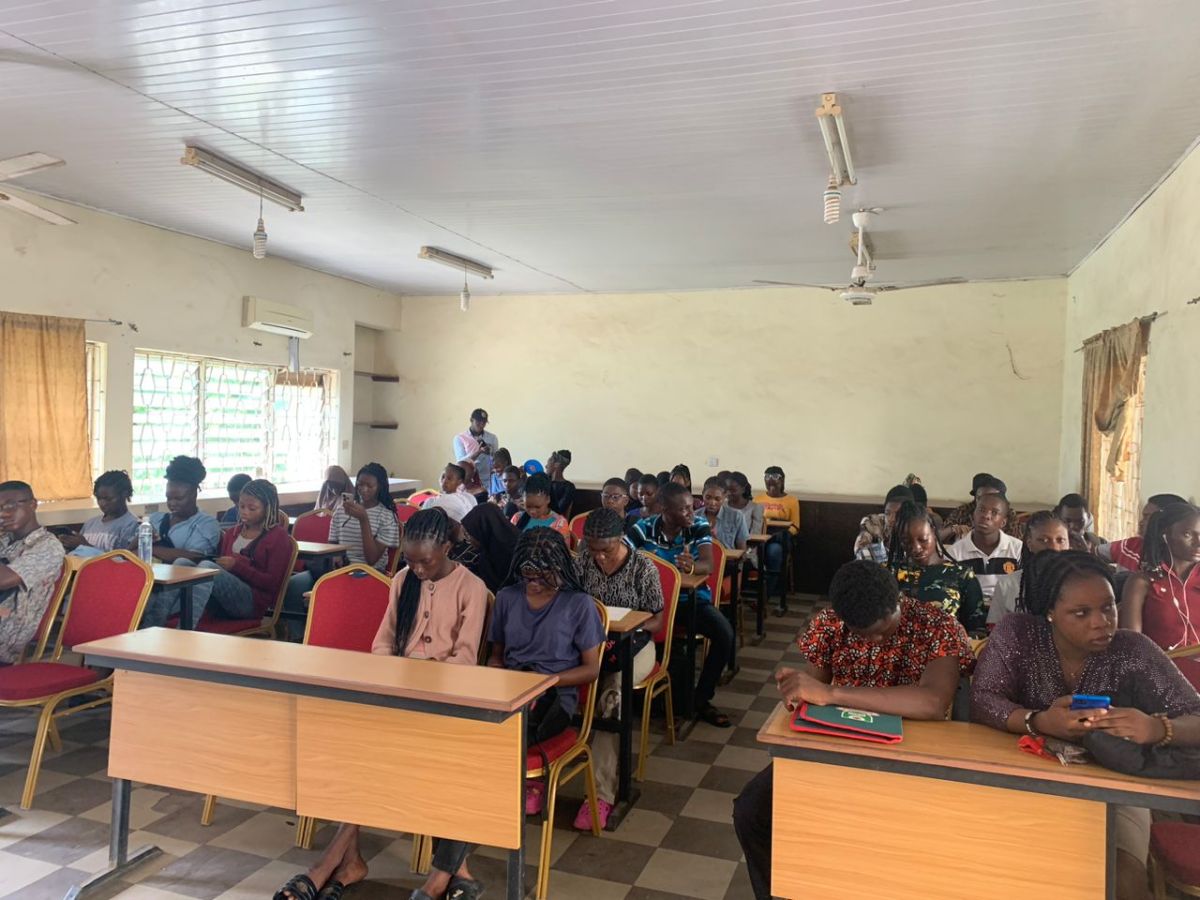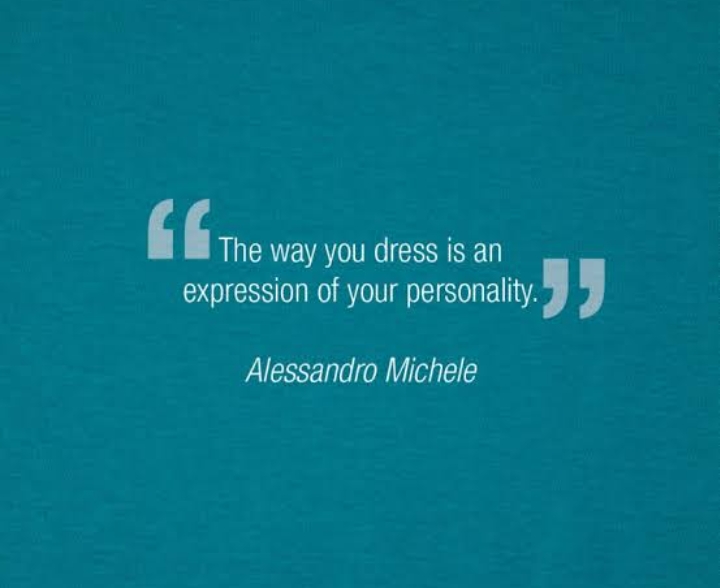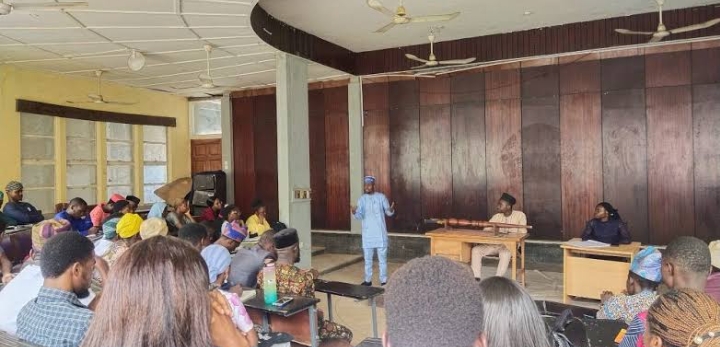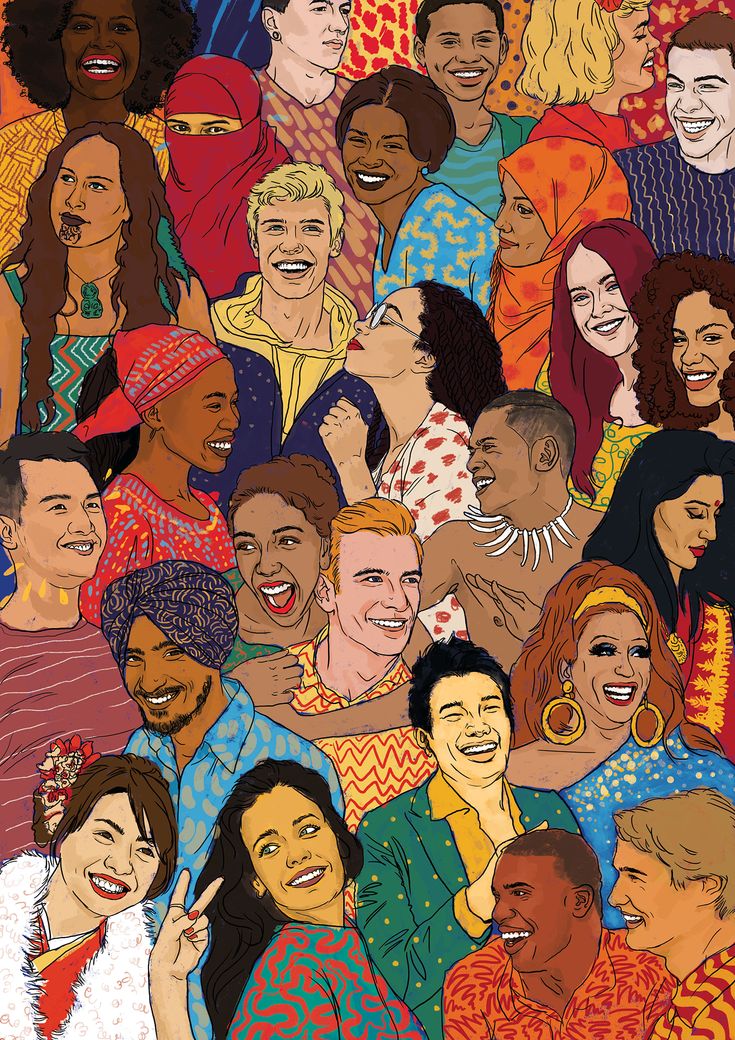By Anjolaoluwa Faromo
Welcome to the first official piece under the Interview Category of AASA PRESS publications. Today, this piece features an interview with the President-elect of Archaeology and Anthropology Students Association 2023/2024 academic session. The interview session highlights who he is, what he does and what he intends for this administration.
Below are the excerpts;
PRESS: Good day Sir.
Please can you introduce yourself?
Tochi: I’m Abraham John Tochi. A student of archaeology and anthropology department, of which I am the president. And i’m in 400level
PRESS: Okay Sir. You’re an entrepreneur, yes? What do you do?
Tochi: I own a laundry Business in my name called Tochi Laundromat, I also teach in various secondary schools and Tutorial centers
PRESS: Wow. That seems like a lot.
So, as the president of AASA, student of the department and an entrepreneur, how do you balance your academic and extracurricular activities?
Tochi: It is what I have been doing before I resumed school as an 100level student. Moreover I have people working for me all I need is supervising. I don’t joke with my studies at all, and with God’s help I’m able to balance all without not affecting each other.
PRESS: Hmm, I guess I can call you an hardworking individual.
We’ve heard that people call you “Odogwu.” How true is that, and what’s the story behind it?
Tochi: I don’t know about that oooooo..(chuckles). People can say what they like actually I’m not any odogwu and please no story behind anything. I’m an humble person very free to interact with and also someone that helps anyone who come to me in the best way I can.
PRESS: When you say “help anyone”, in what aspect specifically?
Tochi: Academically and morally and maybe financially but emphasis on “maybe”
PRESS: Oh, “maybe” can be taken as yes, your Excellency..
What kind of family background do you have?
Tochi: A well brought up Christian family, God fearing family. What I am and who I am today is by the word of one man, that is my dad. He directed me well through the way of the lord maybe because he his a pastor though but all thanks to him.
PRESS: That’s beautiful! It’s great to hear that you have a strong spiritual foundation and a supportive family. Your dad’s guidance and leadership have clearly had a profound impact on your life. It’s wonderful that you acknowledge and appreciate his influence. Can you tell me more about how your faith and upbringing have shaped your values and decisions?
Tochi: Just doing the right thing and not hurting anyone seeing everyone same as mine.
PRESS: Nice! Are you in a relationship? Single or married?
Tochi: Lol.. (chuckles) That’s personal to me.. but I’m not married.
PRESS: What are your intentions and goals for the Students Association during this session?
Tochi: Just to have a good and smooth administrative work also I’m there to serve all AASAITES
PRESS: Can you share some specific programs and initiatives you have in mind, and how do you plan to implement them?
Tochi: Looking at financial summit which will be anchored by the Financial Secretary and some other social events. But we are looking at introducing a program called AASA Got Talent. This will be an event that different influencers, will be invited to anchor the program but we are mostly concern about AASAITE to come show off their talents and from there connections might come and prizes will be won as well.
With God by our side I and my team believe this would work out.
PRESS: This sounds Interesting!
For the AASA Got Talent program, what kind of talent and can you give us a name of one of the influencers the students should be expecting?
Tochi: I can’t give you yet just let wait and see.. (chuckles)
PRESS: What changes do you hope to bring to the association, and how will you measure success?
Tochi: Like you all have been seeing there has been some changes in the Exco’s room, and also I’ve been working together with the librarian for some other changes as well. Also, there’s this issue of students not having their package at the end of the session which occurred for the last two sessions and same thing wanted to happen last session under the Kennyjosh-led administration. But with my promises and handwork i’ve strive to rectify that. I guess that’s good news a bit.
Like I said I’m here to serve not just to occupy the office and feel big.
PRESS: Yes, good news indeed. Well done Sir.
Tochi: Yes yes. According to my plan, I want to work with other executives to avoid errors committed by the former administration. I was part of the former administration, although as a general secretary, I know how it went and this was due to the constitution of the department.
By carrying the students of the department along, I can say this is becoming successful. The voice of the students matters.
PRESS: When you say “error”, what do you mean? What kind of errors did the last administration make that you look forward to correcting in your own administration?
Tochi: Actually, I was part of the last administration, but it was not basically under my own administration rather Kennyjosh.
The concern was that the management of the department left the students association to go about things themselves, not dictating for them, as the association was given the privilege to collect dues by themselves. To avoid such, I provided that same avenue with the students paying to the department management, however the students association would have her own account for accountability to take place.
PRESS: Impressive! Concerning the voice of the students matters, was the new agenda of creating students representative council for the department brought by you and has it been created?
Tochi: No, it has not been created and it was not my vision. Some set of people brought the idea to me and I accepted it seeing that it is for the betterment of the association and department. This idea has been wanting to take place from the last two administrations, which has asked them to draft a constitution. This, I also asked them to do, but they have not reached out to me since then.
PRESS: How far are you willing to go to ensure the success of the association, and what sacrifices are you prepared to make?
Tochi: It is not an easy job, but a task that needs to be accomplished. Nobody forced anyone to take on this responsibility, it was voluntary. And I know what I heard concerning this office. My joy is to ensure a smooth running administration, where there would be no complaints, murmuring or side talks anywhere in the department, hence a happy and peaceful tenure. Some of the sacrifices I had made was at the detriment of my studies and work, for example, the first two weeks of resumption was really tasking as I had to attend to presidential duties.
PRESS: Talking about a smooth running administration, do you really think you can make everybody happy and satisfied with your administration?
Tochi: Actually, you can’t make everyone happy, however you can make 99% of the people happy.
PRESS: Alright, final question. What quote or philosophy guides your approach to leadership and life?
Tochi: If you can’t wear it, don’t wear it, but if you think you can wear it, wear it. This is because it is not easy stuff combining politics, academics and the likes and the need to ensure the people you are serving are in a better state. There is a lot of shades to politics, however if you maintain your grounds well, it will work out.
PRESS: Thank you very much for your time. It is well appreciated.
And there you have it AASAITES, straight from the Office of the President. We look forward to great things from this administration, as promised.

